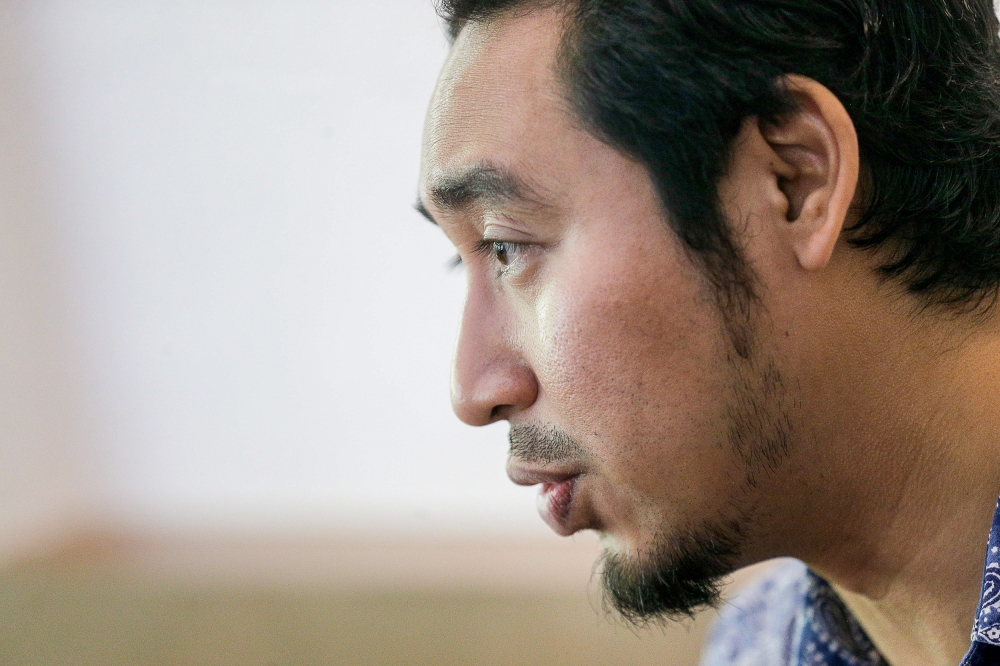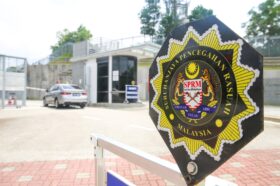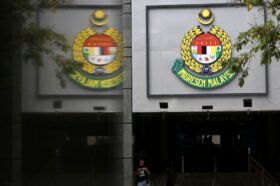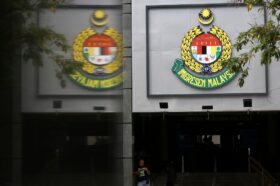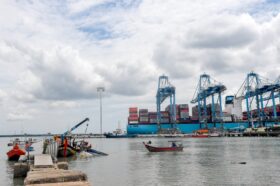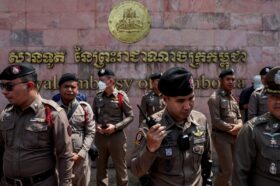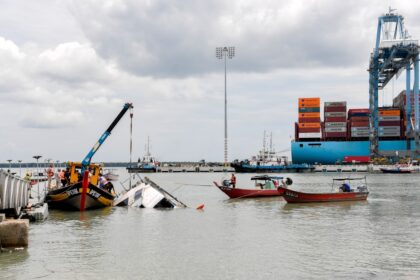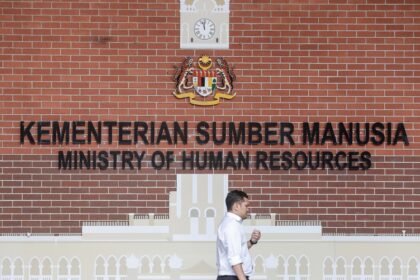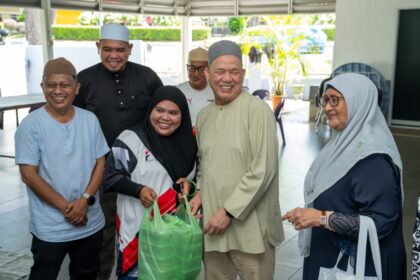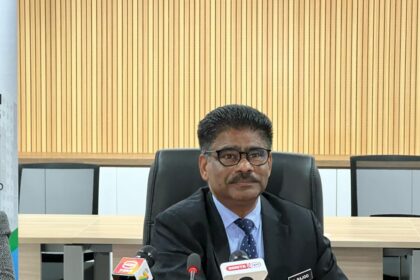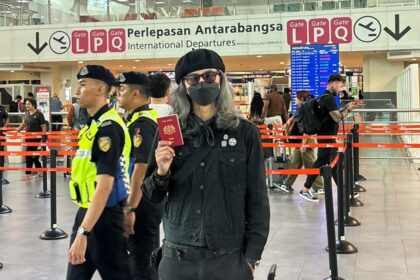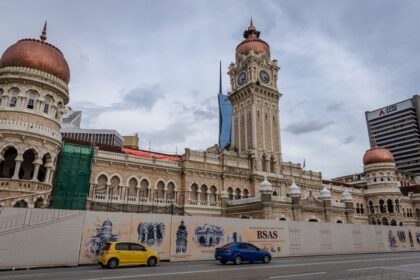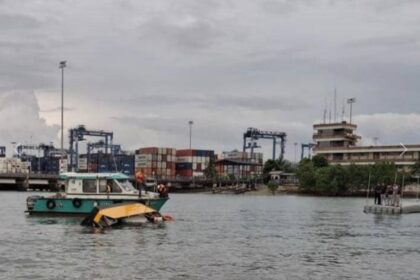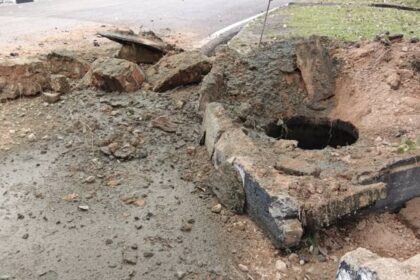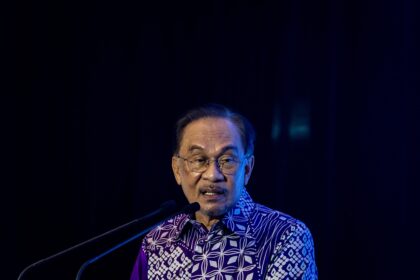KUALA LUMPUR, May 1 — Perikatan Nasional (PN) is ready to support efforts to strengthen the Petroleum Development Act 1974 (PDA) to ensure Petronas continues to serve as a key pillar of Malaysia’s development, Opposition MP Wan Ahmad Fayhsal Wan Ahmad Kamal said in an interview with Free Malaysia Today.
The Machang MP warned against any move that could weaken the national oil company, calling it a vital asset to the country’s economy and international standing.
“If the prime minister requires Petronas to be strengthened in terms of governance and independence, the opposition will support that call to ensure that the PDA remains intact and effective for Petronas to deliver benefits to the rakyat.
“Petronas is a geoeconomic institution. It not only generates cash for the country but also develops talent, builds expertise, and serves as a diplomatic channel for Malaysia to venture abroad.
“Why kill our best player on the team when you can’t produce the same kind of player in the next 10 or 20 years? As a politician who thinks about the future of our country, I would defend Petronas to the last mile,” he was quoted as saying in the news portal.
The PDA grants Petronas exclusive ownership and control over all upstream and downstream oil and gas activities in the country.
Petronas and Sarawak’s state-owned Petroleum Sarawak Berhad (Petros) are currently in talks over a new arrangement regarding gas rights in the state.
Sarawak claims the right to manage its oil and gas resources, even though the PDA gives Petronas sole authority.
Wan Fayhsal acknowledged the concerns of states like Sarawak and Kelantan over oil revenue but said any agreement must not come at Petronas’s expense.
“Whatever the issues may be, they must be discussed at the negotiating table. The solution must be a win-win proposal and must not weaken Petronas at any cost.
“If the issue concerns royalties, then we need to find ways for Petronas to increase its revenue and profits so that it can contribute more to states like Sarawak, Sabah, Terengganu and Kelantan,” the Bersatu supreme council member was quoted as saying.
He also warned against political interference, citing the example of Indonesia’s Pertamina, which suffered from decades of corruption and an US$11.9 billion (roughly RM56.5 billion) scandal involving oil contracts.
Wan Fayhsal reaffirmed the opposition’s commitment to securing oil royalties for Kelantan, but said alternative forms of compensation should be considered.
“The Kelantan state government has never wavered in its quest to seek justice over the oil royalties that have been denied to the Kelantanese people for years. This demand will continue to be pursued by all Kelantanese politicians, including myself.
“At the same time, we understand that this must be done carefully and not at the expense of Petronas’ growth. There are various ways to address this, not just through hard cash.
“For example, if Petronas and the federal government can provide more jobs for Kelantanese in lieu of oil royalties, that could be a potential solution,” he was quoted as saying.
He added that dissatisfaction in Sarawak might be eased if the federal government showed more urgency in addressing basic infrastructure needs.
“Maybe (Sarawak) believes that controlling their oil and gas resources would help them solve these problems better than relying on federal projects.
“If the federal government shows sincerity and resolves state-level issues properly, I don’t think the state government would be as concerned about fiscal decentralisation.”
Sarawak currently receives a 5 per cent royalty from Petronas.
Kelantan, however, does not receive direct royalties, as the federal government says oil is extracted beyond its maritime boundary under the Territorial Sea Act 2012.
Instead, Kelantan receives annual “wang ehsan” or goodwill payments from the federal government.
Source:  Defend ‘our best player’: Wan Fayhsal backs stronger Petroleum Development Act for oil-producing states
Defend ‘our best player’: Wan Fayhsal backs stronger Petroleum Development Act for oil-producing states
